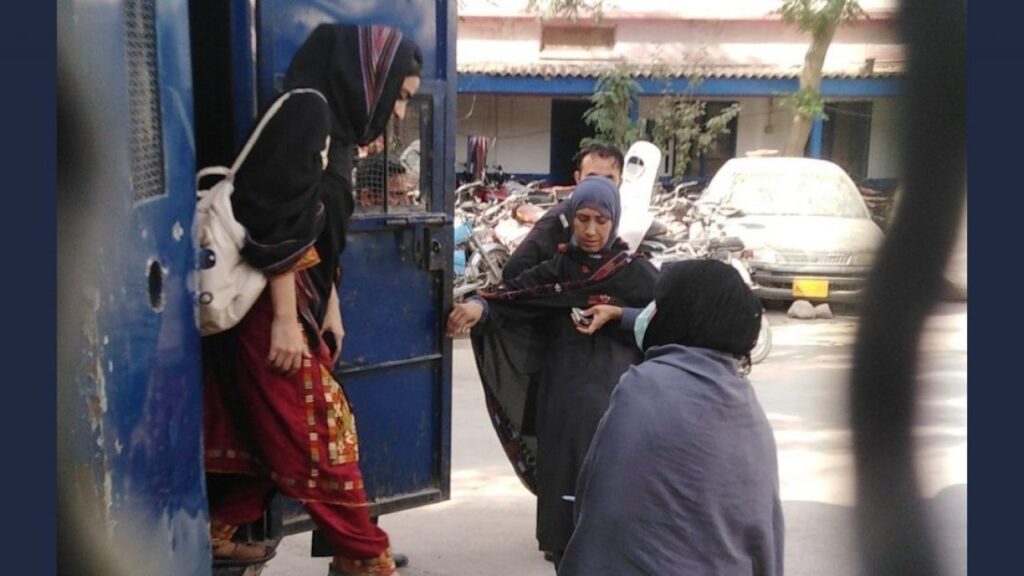Last week, after many months of campaigning for access to internet and the right to education, students in Quetta faced the wrath of the state. Failing to provide any concrete solutions to resolve this longstanding issue, state authorities felt compelled to baton charge and arrest student protestors to suppress their simmering resentment.
More than 50 student activists were arrested during a peaceful protest in Quetta Balochistan. Police claimed that these protests had been organised in violation of Section 144 and the SOPs being enforced to curb COVID-19 infections. This claim by Quetta police is baseless: students had been protesting while following all protocols announced by the government. They were wearing masks and maintaining social distancing. The public gathering was supposed to be brief as the purpose was to register a protest. But the police swooped in and turned the story of a small protest into a saga of state brutality and callousness.
Students have been campaigning and protesting against online education for months now. Everywhere they are facing the same problem: access to internet. Their contention is simple: there can be no online education without an internet connectivity infrastructure. We have written about all these concerns in these pages and the demands of students have also been clearly expressed through a charter of demands.
Yet, instead of listening to demands of students and preparing a comprehensive plan for education during the pandemic, the government responded with batons and arrests. Months of campaigning first saw institutional indifference. Now the approach of the government towards this seems to have changed; it now wants to silence those demanding their fundamental rights.
The arrests in Quetta took place a day after the Students Solidarity Protests organised in more than 30 cities on June 23. The government responded to these protests by arresting activists and unleashing violence on peaceful protestors. But this is not the first time the state has responded to demands from students with violence and repression. After the Students Solidarity March last November, a student was abducted from Punjab University and FIRs were filed against six others.
Students believed that the shortcomings in our education system could be resolved by uniting under the SSM. But the government was unmoved, during the march last November and during the protests against online education over the last few months.
At the same time it is easy to see how resources are being diverted away from the education sector. This year it was the chairman of HEC himself who spoke out against the government over its woeful neglect of the education sector. No resources have been allocated to address the huge digital divide that has surfaced during this time. Bureaucratization and manipulation of educational institutions seems to be the priority. There is a continuous onslaught on democratic values, critical thinking and academic freedoms in our educational institutions.
This government has intensified all kinds of inequalities in our education system and society. Internet is among the basic necessities of human life in the 21st century, how can it be denied to anyone? It is the responsibility of the state to provide access to it. Students will not stop their campaign until it is available across the length and breadth of this country.
The Students’ Herald News Desk focuses on reporting the latest news regarding student politics and campus updates to you.
The News Desk can be reached at admin@thestudentsherald.com




